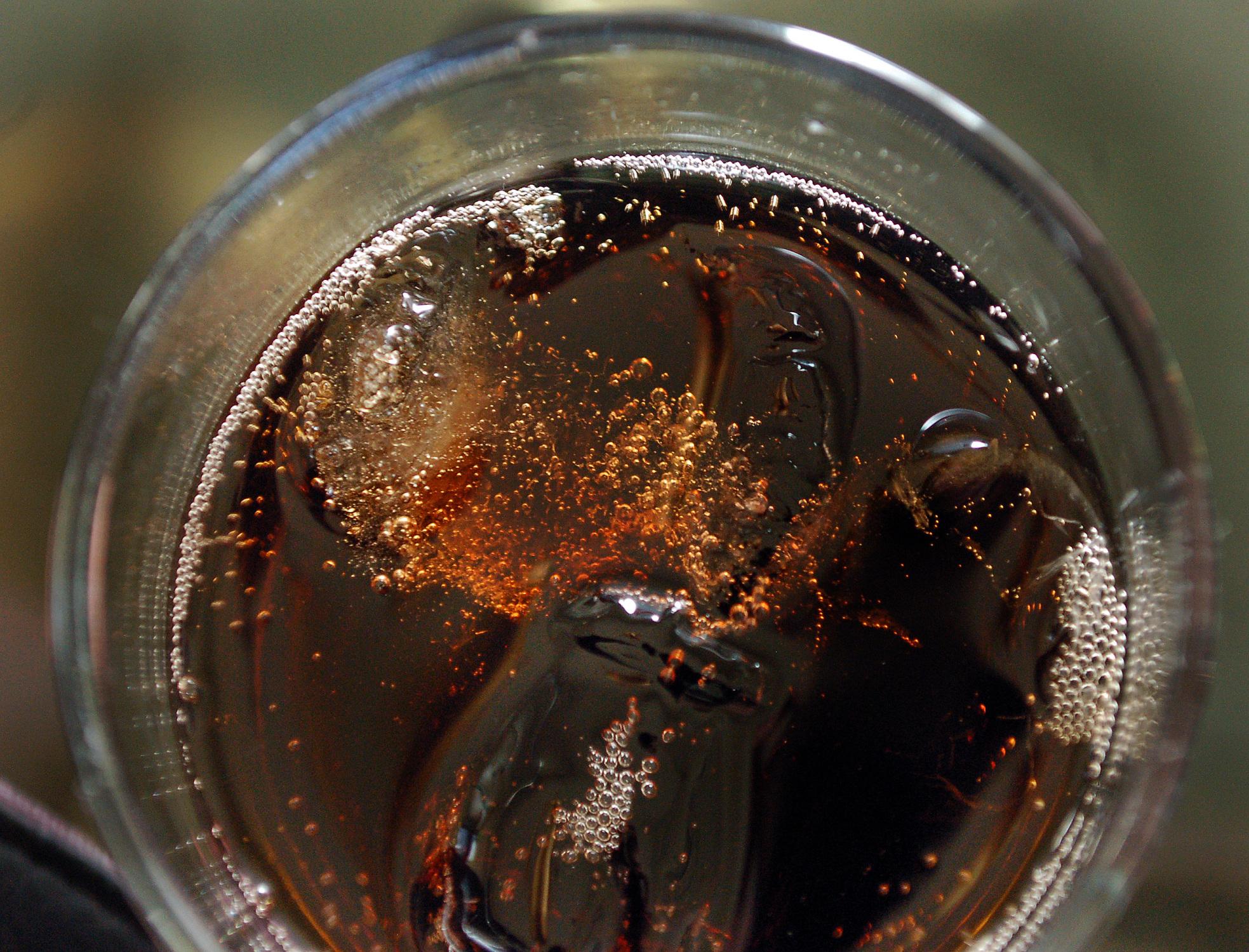
The proposed ballot measure would add about 18 cents tax onto the cost of a can of soda or other sweetened drink.
FreddieBrown/Flickr
A coalition of doctors, parents and teachers is proposing a sugary drinks tax for Multnomah County.
The tax would add 1.5 cents per ounce, or about 18 cents to the cost of a 12-ounce can of soda, energy drink or sweet tea.
The coalition hopes the tax will discourage people from drinking sugar-sweetened beverages.
The CDC says sugary drinks are associated with weight gain, diabetes, heart disease, tooth decay, gout and arthritis.
Dr. Daniel Rosenberg with Providence Medical Group supports the idea in general.
He spoke broadly about sugary beverage taxes with OPB in February, and said he sees the effects of chronic diseases daily in his outer East Portland medical practice.
“Refined sugar isn’t something that humans are really designed to get a lot of," he said. "You want to buy a Coke? That’s fine, but you’re going to be buying a little piece of a park in your neighborhood too.”
Several cities have passed similar sugary drink taxes. Berkeley, California, was the first and consumption there dropped 20 percent over two years.
The beverage industry has spent millions fighting similar taxes in California, Colorado and Pennsylvania. It calls the idea a regressive “grocery tax” that hurts the poor.
"Make no mistake; this beverage tax is a sales tax that would more than double the cost of a 99 cent two-liter bottle of soda," said Jack Evans with 'Stay Progressive Multnomah.' "Like all regressive taxes, this hits low-income families and small businesses hardest at a time many are struggling to afford to stay in Multnomah County."
Evans points to Philadelphia as evidence sugary beverage taxes hurt working-class people. Opponents of the taxes there claim jobs were lost for people in the bottling and service industries.
"There must be a better way for the county to raise revenue than a tax that does so much damage to our local economy," Evans said.
